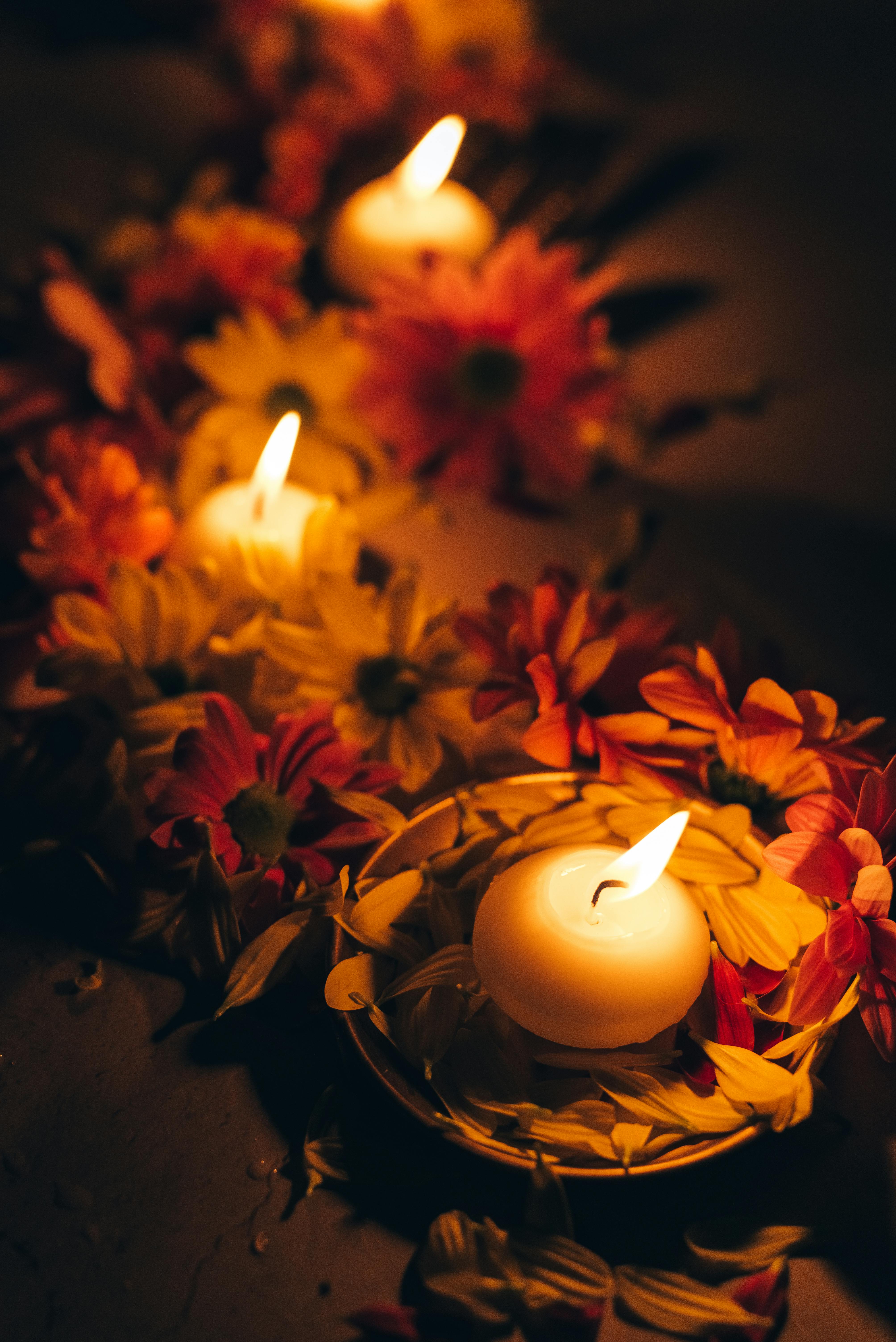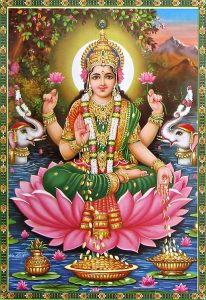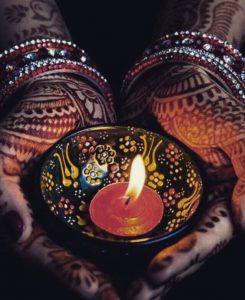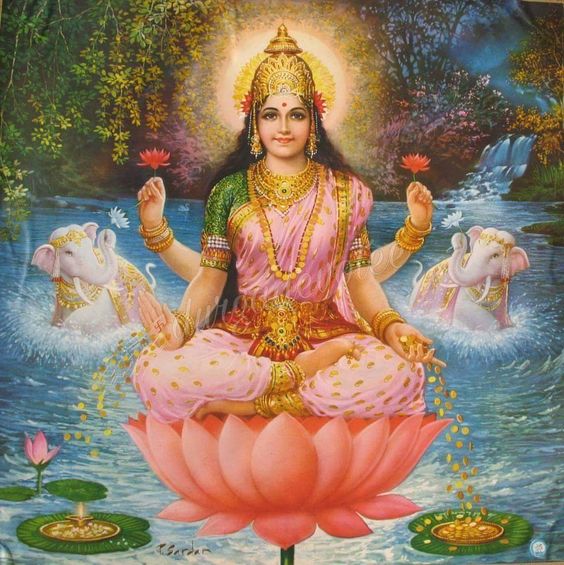Diwali is a five day festival in India. It begins with Govatsa Dwadashi on October 17th, then Dhanteras on October 18th, followed by Kali Chaudas and Naraka Chaturdashi on October 19th, and then the night of Diwali itself. Diwali or Deepavali / Deepawali is the Indian festival of lights. “Deepa” means light and “avali” means a continuous line. Diwali occurs just before the Indian New Year. Diwali 2025 is celebrated according to the specific calculations in Vedic astrology or Jyotish, which is a lunar based system. It calculates holidays based on phases of the Moon. According to mypanchang.com, Diwali 2025 falls on October 20th for North America, South America, Africa, and Europe. India and the rest of Asia will celebrate Diwali on October 21st. Following Diwali is Govardhan Puja. It is on October 21st in North America and South America. Europe, India, Africa, and Australia will celebrate on October 22nd.
 Indian new year 2025 coincides with Govardhan Puja for those residing in the Pacific and Mountain time zones in North America. This is Gujarati New Year. Different parts of India celebrate the new year at different times of the year, according to their own traditions. For the Central and Eastern time zones, as well as India and the rest of world, Gujarati New Year is October 22nd. Saal Mubarak!
Indian new year 2025 coincides with Govardhan Puja for those residing in the Pacific and Mountain time zones in North America. This is Gujarati New Year. Different parts of India celebrate the new year at different times of the year, according to their own traditions. For the Central and Eastern time zones, as well as India and the rest of world, Gujarati New Year is October 22nd. Saal Mubarak!
The final holiday in the festival of Diwali is Bhai Beej (also called Bhaiya Dooj or Bhai Duj). This celebrates the bond of brothers and sisters. This year, it falls on October 22nd North and South America. For those in Europe, India, and Africa, Bhai Bheej will be celebrated on October 23rd.
HISTORICAL SIGNIFICANCE
Diwali celebrates Lord Rama’s return back home after a 14 year period of exile. He was living in the forest with his brother Lakshman, wife Sita, and faithful servant, Hanuman. The residents of Ayodhya (I-yo-the-yah) celebrated his homecoming by lighting rows and rows of lights, or diyas, and waving sparklers. Rama symbolizes the path of righteousness or dharma. His return is a metaphor for the victory of good over evil. He performed his duty, stayed true to his path, and triumphantly returned home.

Indians celebrate Diwali by wearing colorful, new clothes and honoring the goddess Lakshmi (luck-shmee), the goddess of prosperity, fortune, and beauty. Their homes are brightly lit with clay diyas. Some also regard Diwali as the day on which Lakshmi and Vishnu were married. Homes are cleaned from top to bottom so that Lakshmi can grace the home with her presence. Pujas (ritual worship) to Lakshmi are traditionally performed on Diwali. People feast on a sumptuous variety of sweets made from ingredients such as brown sugar, jaggery, strands of saffron, along with ghee (clarified butter), as well as cardamom, powdered cinnamon, nuts, and rose water. For the auspicious times for Lakshmi puja in your area, visit the DrikPanchang website and select your location on the map. Mypanchang also has specific timings for Lakshmi puja.
DIWALI 2025 PUJA
Shri Vivekshatri Godbole of the Shri Krishna Yajurveda Pathashala in Maharshatra, India had this to say about Diwali: “The darkness of the demon is gone and there is light. Rama and Krishna are avatars or forms of Lord Vishnu. For Lakshmi puja, we worship Lakshmi and Kubera. Kubera is the treasurer of the Vedic gods and goddesses. One of Vishnu’s names is Kubera. Kubera is the step brother of Ravana. His kingdom was (Sri) Lanka. When Ravana became strong, he defeated Kubera. Afterwards, Kubera went North.” Similarly, in Vaastu Shatra, the Northern direction is associated with Kubera and prosperity. “Kubera is the deity who owns gold, diamonds, and precious things. People should clean their homes for Diwali. For Lakshmi puja, they can worship their money, jewelry, bank books, and credit cards. They can chant the Maha Lakshmi Stotram (Ashtakam) 15 times. There is also a small stotram for Vishnu called the Govinda Ashtakam.”

Further information on Diwali 2025 will be posted on my Facebook page.
Diwali marks the celebration of light over darkness, as Rama was victorious in defeating the demon Ravana prior to his return to Ayodhya. As such, it is also a time when we can honor our own inner light and let it shine forth into the world. It is one of the most auspicious days of the year.
Happy Diwali 2025! Shubh Deepavali!
